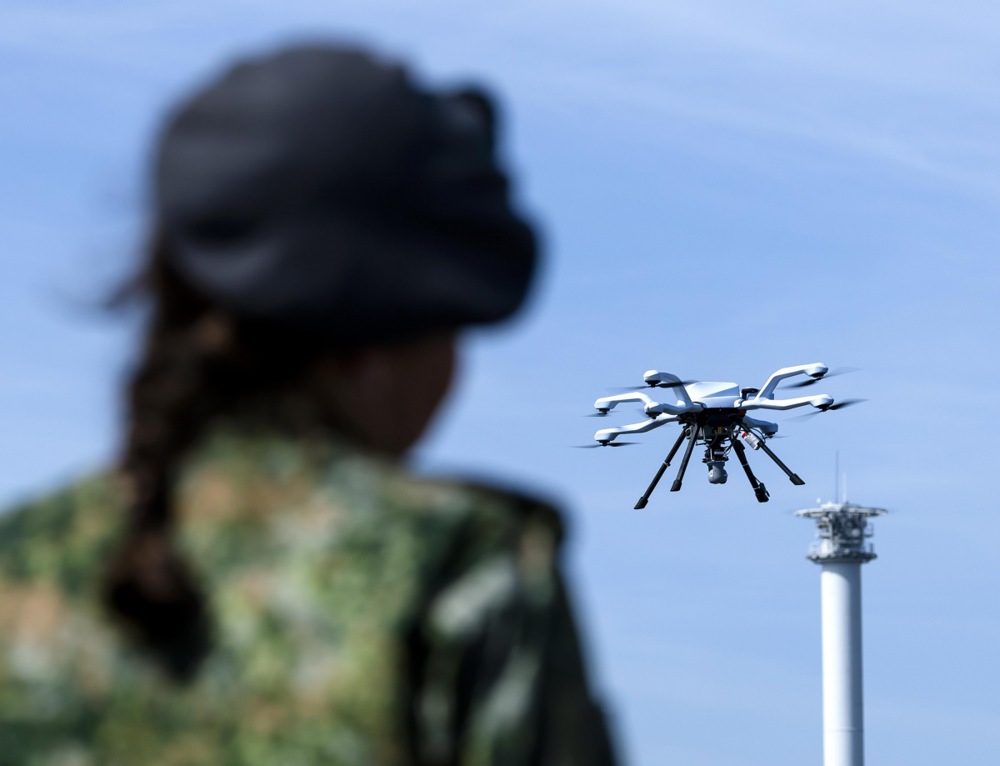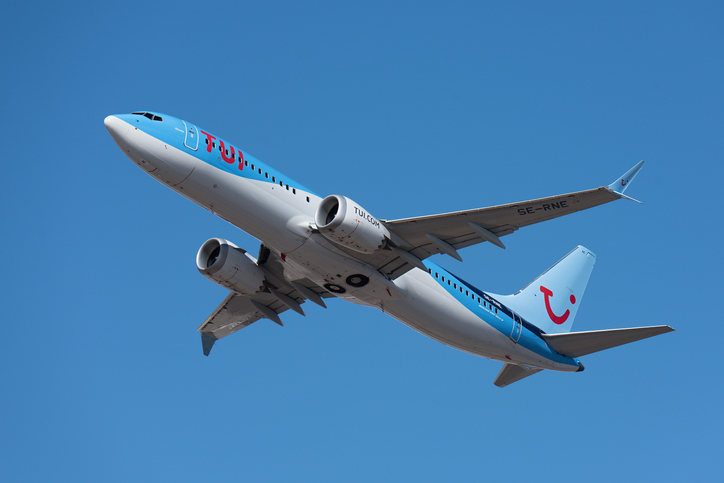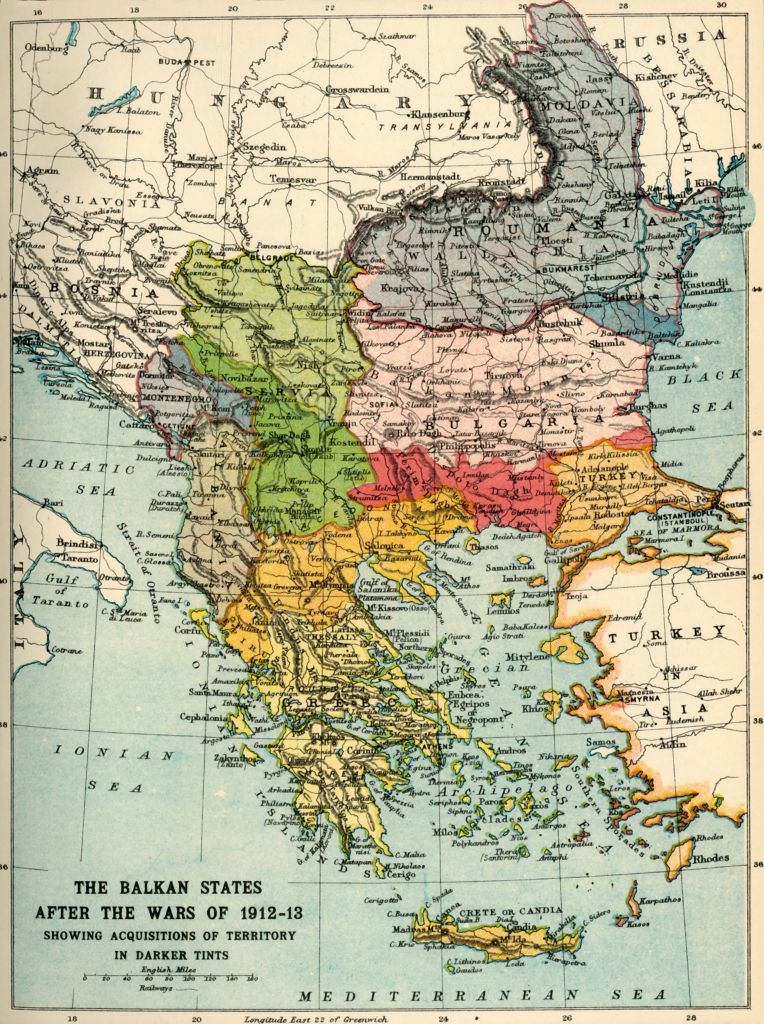The Belgian federal police did not utilise its anti-drone unit during intrusions into Belgian airspace, the latest being on November 6, despite the unit having been available for four years.
Its operators were reportedly not contacted when Brussels Airport had to be closed earlier this month due to drone sightings. Authorities are said to have realised too late that they could have deployed the team, Belgian news agency Belga reported this morning.
The federal police did not use it when airspace above Zaventem Airport, the main airport in Brussels, was breached on November 4, Het Nieuwsblad reported this morning.
The Counter Unmanned Aerial Systems (C-UAS) team within the federal police was created in 2021. “We have around 30 certified officers,” an internal source told Het Nieuwsblad.
“We operate two antennas to detect hostile drones, four jammers to block them and three net launchers to immobilise them.”
The same source said that over the November 8 weekend: “We installed one antenna near Zaventem Airport and another in central Brussels. We also ensure, as best we can, the security of the airports in Ostend, Charleroi and Liège.”
Belgian defence minister Theo Francken (N-VA) posted on X this morning that he was reading “cheap attacks” regarding the federal anti-drone team. He stressed he had no authority over the police or the unit in question. Zaventem Airport, he noted, “is not a military base but civil infrastructure”.
Francken added that, under Belgian law, the army can only support police operations on domestic soil and that “this has been the rule for more than a hundred years”.
Defence forces, he said, are responsible for guarding military facilities, while the police can call on the army if needed.
“In wartime, defence would take over of course — but we are not in that situation, at least not legally,” he wrote.
Yesterday evening, three drones were spotted over the Doel nuclear power plant, operator Engie confirmed, as Belga reported this morning.
The UK is sending troops and equipment to Belgium to help counter the threat, British defence chief Richard Knighton told the BBC yesterday.
The announcement followed similar commitments from Germany and France, which agreed on November 7 to provide military support.
“As the hybrid threat grows, our strength lies in our alliances and our collective resolve to defend, protect and deter attacks on our critical infrastructure and airspace,” Healey said in a statement cited by the BBC. He added that British support was already being deployed.
Francken welcomed the announcement. “We are grateful to our British friends for their prompt support and solidarity,” he posted on X yesterday.
“The deployment of a British anti-drone team in Belgium strengthens our collective security and demonstrates our unity in countering hybrid threats.”





